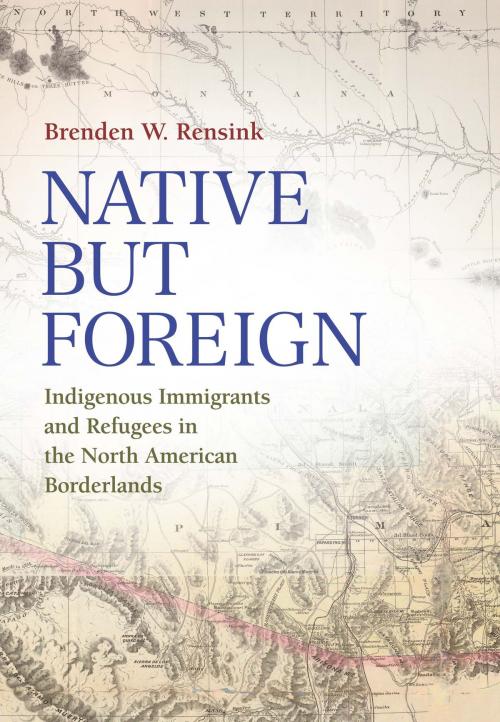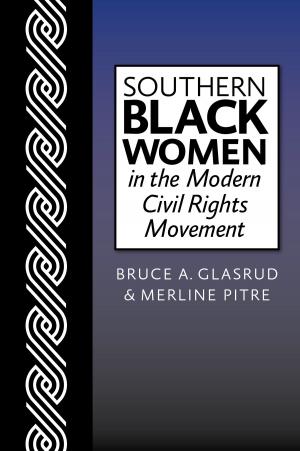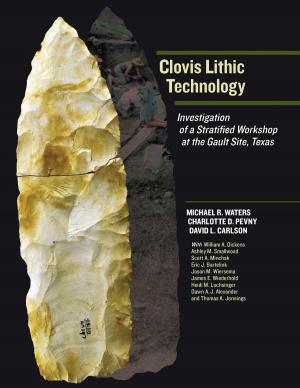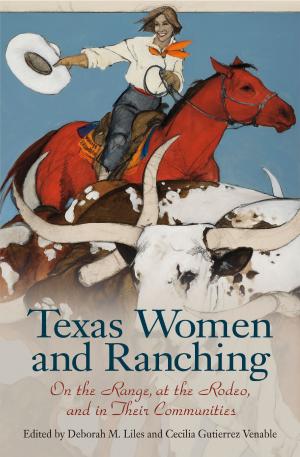Native but Foreign
Indigenous Immigrants and Refugees in the North American Borderlands
Nonfiction, History, Canada, Americas, Native American, United States| Author: | Brenden W. Rensink | ISBN: | 9781623496562 |
| Publisher: | Texas A&M University Press | Publication: | June 13, 2018 |
| Imprint: | Texas A&M University Press | Language: | English |
| Author: | Brenden W. Rensink |
| ISBN: | 9781623496562 |
| Publisher: | Texas A&M University Press |
| Publication: | June 13, 2018 |
| Imprint: | Texas A&M University Press |
| Language: | English |
Winner, 2019 Spur Award for Best Historical Nonfiction Book, sponsored by Western Writers of America
In Native but Foreign, historian Brenden W. Rensink presents an innovative comparison of indigenous peoples who traversed North American borders in the nineteenth and twentieth centuries, examining Crees and Chippewas, who crossed the border from Canada into Montana, and Yaquis from Mexico who migrated into Arizona. The resulting history questions how opposing national borders affect and react differently to Native identity and offers new insights into what it has meant to be “indigenous” or an “immigrant.”
Rensink’s findings counter a prevailing theme in histories of the American West—namely, that the East was the center that dictated policy to the western periphery. On the contrary, Rensink employs experiences of the Yaquis, Crees, and Chippewas to depict Arizona and Montana as an active and mercurial blend of local political, economic, and social interests pushing back against and even reshaping broader federal policy. Rensink argues that as immediate forces in the borderlands molded the formation of federal policy, these Native groups moved from being categorized as political refugees to being cast as illegal immigrants, subject to deportation or segregation; in both cases, this legal transition was turbulent. Despite continued staunch opposition, Crees, Chippewas, and Yaquis gained legal and permanent settlements in the United States and successfully broke free of imposed transnational identities.
Accompanying the thought-provoking text, a vast guide to archival sources across states, provinces, and countries is included to aid future scholarship. Native but Foreign is an essential work for scholars of immigration, indigenous peoples, and borderlands studies.
Winner, 2019 Spur Award for Best Historical Nonfiction Book, sponsored by Western Writers of America
In Native but Foreign, historian Brenden W. Rensink presents an innovative comparison of indigenous peoples who traversed North American borders in the nineteenth and twentieth centuries, examining Crees and Chippewas, who crossed the border from Canada into Montana, and Yaquis from Mexico who migrated into Arizona. The resulting history questions how opposing national borders affect and react differently to Native identity and offers new insights into what it has meant to be “indigenous” or an “immigrant.”
Rensink’s findings counter a prevailing theme in histories of the American West—namely, that the East was the center that dictated policy to the western periphery. On the contrary, Rensink employs experiences of the Yaquis, Crees, and Chippewas to depict Arizona and Montana as an active and mercurial blend of local political, economic, and social interests pushing back against and even reshaping broader federal policy. Rensink argues that as immediate forces in the borderlands molded the formation of federal policy, these Native groups moved from being categorized as political refugees to being cast as illegal immigrants, subject to deportation or segregation; in both cases, this legal transition was turbulent. Despite continued staunch opposition, Crees, Chippewas, and Yaquis gained legal and permanent settlements in the United States and successfully broke free of imposed transnational identities.
Accompanying the thought-provoking text, a vast guide to archival sources across states, provinces, and countries is included to aid future scholarship. Native but Foreign is an essential work for scholars of immigration, indigenous peoples, and borderlands studies.















